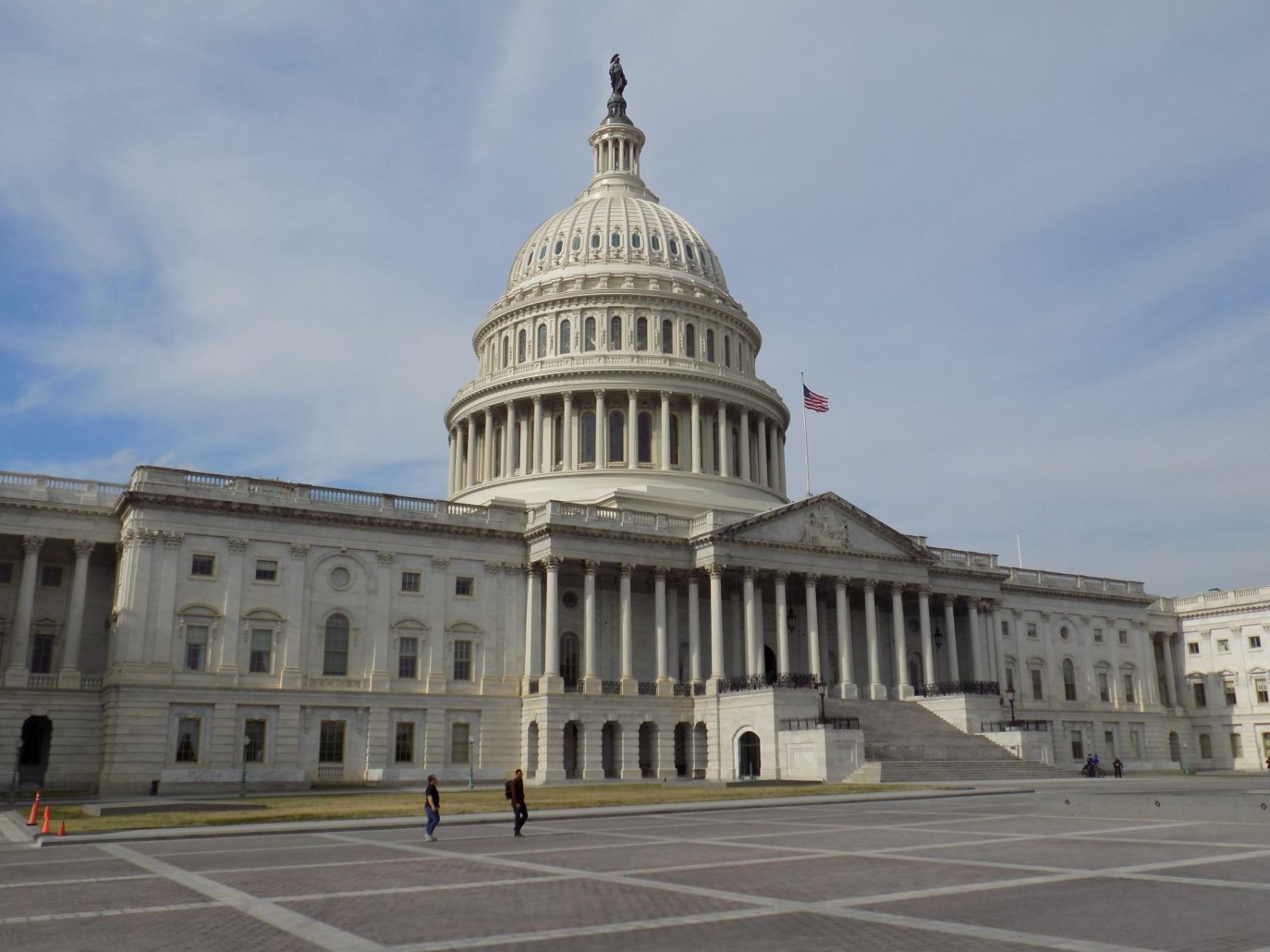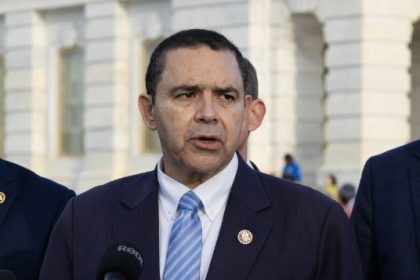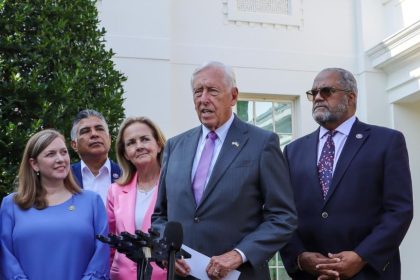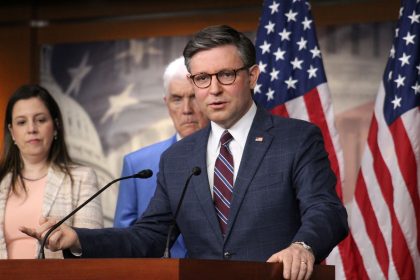The Sprint Is On: So Much to Do, So Little Time

WASHINGTON — With Labor Day weekend now in the rearview mirror, Congress began to reconvene on Capitol Hill on Tuesday with much to do and little time to do it before the midterm elections are in full swing.
The Senate returned from its August recess Tuesday morning, with a series of committee and nominations hearings on tap; meanwhile, the House continues to be in recess until next week, though several of its committees will be holding remote hearings over the next four days.
The main order of business over the next 24 days is for Congress to act on fiscal year 2023 appropriations before government funding runs out on Sept. 30.
Last Tuesday, the Congressional Budget Office released its annual report on expired and expiring authorizations.
In it, the CBO identified 1,118 authorizations of appropriations that expired before the beginning of fiscal year 2022 and 111 authorizations that are set to expire before the end of the fiscal year.
The CBO also found that $461 billion in appropriations for 2022 was associated with 422 expired authorizations of appropriations.
Some of the expiring authorizations may be included in a continuing resolution — expected to extend government funding through either Dec. 9 or 16 while others will likely be kicked to the lame-duck session after the election.
On Friday, just ahead of the long Labor Day weekend, the White House Office of Management and Budget released what it called “technical assistance to Congress” for “prudent planning for the end of the fiscal year” and a short-term continuing resolution
“That’s why today, as part of our prudent planning for the end of the fiscal year, we are providing technical assistance to Congress on a short-term CR.”
The “assistance” is essentially broken down into two broad parts.
The first is a supplemental request from the White House for emergency appropriations including $11 billion for continued support for Ukraine, $22 billion for the ongoing effort to address COVID, $4 billion to increase access to the monkeypox vaccine, and $7 billion to assist with relief efforts from domestic natural disasters.
The second are two lists of “anomalies” released by the White House Office of Management and Budget (the lists can be read here and here). The anomalies are special adjustments needed to spending and would be required as part of any continuing resolution Congress passes.
In short, the lists are intended to address areas where current funding levels are outdated or fall short of what agencies say are their most critical needs.
At the same time, the White House is also seeking several legislative changes in certain programs’ authorizations.
In a blog post, Shalanda Young, director of the Office of Management and Budget, said, “This package of technical assistance provides guidance to lawmakers on funding and legislative adjustments that are necessary to avoid disruptions to a range of important public services.
“As is always the case, we understand that Congress will consider additional legislation as part of the CR alongside the funding request we are submitting today, and look forward to working with Congress on those pieces of legislation as they are considered,” she wrote.
And as if that’s not enough on Congress’ plate budgetwise, lawmakers still have to work out an agreement on a final National Defense Authorization Act.
Several Bills Could Face Votes
Budget priorities aside, a number of bills — some of them likely to be subject to partisan battles — are also expected to be considered over the next three weeks.
Among the most high profile of these is a measure that would expedite permitting related to energy projects as a condition of Sen. Joe Manchin’s, D-W.Va., support for the Inflation Reduction Act.
Senate Majority Leader Chuck Schumer, D-N.Y., guaranteed to Manchin a vote on the permitting measure to seal their deal on the sweeping Inflation Reduction Act. To pass, however, it will require the backing of at least 10 Senate Republicans, most of whom are still livid both over the deal itself and the timing of its announcement.
The bill’s fossil fuel provisions will likely also face some resistance from House Democrats.
Manchin is also a key player behind the bipartisan legislation that would update and revise the Electoral Count Act to prevent another attempt at overturning a presidential election, as happened in 2020.
The bill, which among other things, emphasizes that the vice president serves only a ministerial role, already has the minimum 10 Republicans needed to overcome a filibuster.
However, the House Select Committee to Investigate the Jan. 6 Attack on the U.S. Capitol is expected to make recommendations for additional changes, and Schumer has yet to schedule a final vote on the measure.
Senate Democrats are also striving to pass legislation that would protect same-sex marriage rights. The legislation was inspired by remarks made by Justice Clarence Thomas, who, in the wake of the high court striking down abortion rights protections, said the court should also reconsider its decision establishing a marriage right.
While some Republicans have said they would support such a measure, it’s unclear whether there are currently enough votes to overcome a filibuster.
On the other hand, several polls have shown voters strongly favor marriage equality, so a vote against the measure could be used against Republicans in the midterms if they were to block it.
One of the biggest pieces of legislation on the tech front — the antitrust bill sponsored by Sen. Amy Klobuchar, D-Minn. — could be voted on ahead of the October break for campaigning, but Schumer has not laid out a timetable for it.
A number of health care related bills may also be considered over the next three weeks, including a vote on legislation capping the price of insulin at $35.
Schumer promised a vote on it this fall after it was removed from the Inflation Reduction Act by the Senate parliamentarian and Senate Republicans prevented it from being added as an amendment.
Sen. Patty Murray, D-Wash., is also pushing to pass legislation that would accelerate the process the Food and Drug Administration uses to approve new drugs.
Also being closely watched as summer turns to fall is the fate of tax extenders, a wide range of tax breaks and deductions that touch every sector of the economy.
Last year there was no tax extender package, meaning the action here is likely to be fierce.
Lawmakers are also being lobbied particularly hard this year to revive a research and development tax break that expired last year.
A revival of the tax break would be a boon to technology, pharmaceutical and manufacturing companies for whom R&D expenses are a big part of their overhead.
Without it, they have to spread out the write-offs for their domestic research expenses over five years and the foreign costs over 15 years, rather than in the year the expenses were incurred.
Another major push, coming from members of the House Problem Solvers Caucus, is for the restoration of the State and Local Tax Deduction in any tax extender package that is considered by the House Ways and Means Committee this year.
“During the negotiations over the Inflation Reduction Act, we helped craft legislation that does not raise taxes one penny on families or small businesses in our districts,” members of the caucus wrote to the committee last month.
“We also beat back an extreme-right attempt to, once again, punish New Jersey, New York and California families by further extending the punitive SALT cap for additional years,” they said.
“These are the same red state senators who gutted SALT in 2017 at the expense of New Jersey, New York and California families. It remains essential that we end the double taxation of our constituents that the red states and the extreme-right imposed in their tax hike of 2017.”
If Congress agrees to a tax extender package this year, a major question is, which vehicle might it be attached to for passage.
The Democrats’ success in passing the CHIPS Act and the Inflation Reduction Act means there are few bills it could be attached to; the likeliest remaining candidates are the National Defense Authorization Act and the fiscal year 2023 bills, meaning while September will be busy, the lame-duck session might be just as lively.
Dan can be reached at [email protected] and at https://twitter.com/DanMcCue.






















